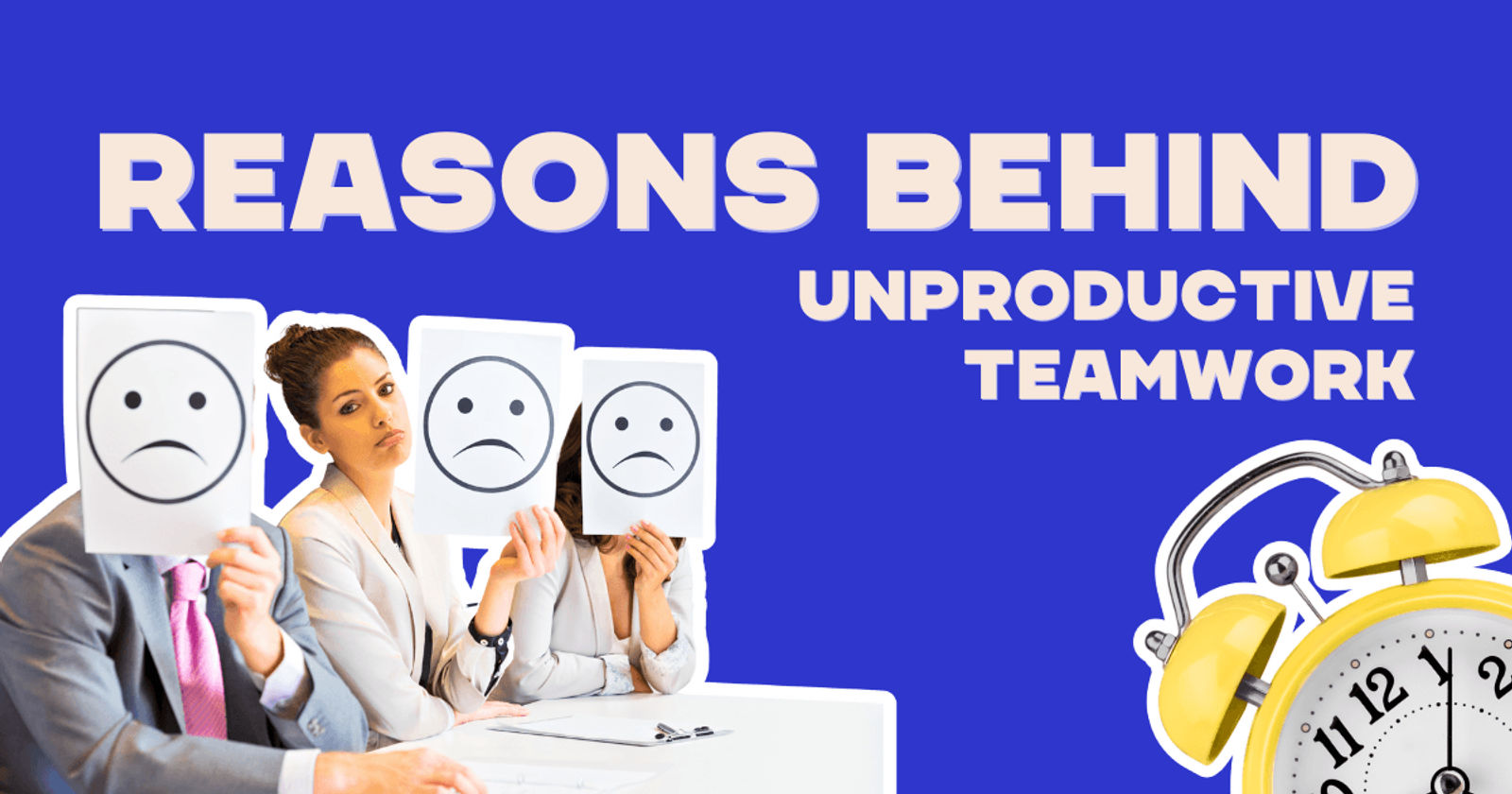Professional Bar Trivia SoftwareFor Venues & Events
- Players join via QR code — no app download
- 6 round types: Buzzer Race, Everyone Answers & more
- Rich media questions with images, video & audio
- Real-time scoring & leaderboards on the big screen
What Is Stopping Teamwork
July 29, 2025

Teamwork means constantly facing challenges. Your individualism is an essential part of the team’s final work. Not everyone is a big fan of coworking, and that’s not surprising. It's completely understandable.
However, sometimes we manage to achieve substantial success through teamwork, while often our occupation requires it.
Teamwork is not always light and pleasant. It can be tough and challenging, leading to frustration, decreased productivity, and disengagement. Understanding these obstacles and learning how to overcome them is a key to building a strong, cohesive team that is geared toward success.
Teamwork Challenges & How To Overcome Them

We struggle to communicate.
Our 7 Strategies To Build Strong Teamwork article mentioned that communication is the key. If you are reading this blog post, would it mean you haven't found it yet? No worries, keep reading–we're here to help you.
Miscommunication or lack of clarity usually results in misunderstandings, missed deadlines, frustration among team members, and demotivation.
It often happens when expectations are unclear, information is not shared effectively, or different communication styles clash. You've experienced this at least once.
If you think about it, you can even feel frustration right away when someone forgets to mention a deadline or provide clear instructions, which is a massive failure of the project you were working on. Or are you the leader who struggles to communicate with the rest of the team?
The "Overcoming Challenges to Teamwork in Healthcare" identifies common communication barriers in healthcare teams and presents evidence-based strategies to address them. However, it can be adapted to various organizational settings to enhance team communication.
How to overcome poor communication?
-
Set expectations for communication, including response times, preferred platforms, and meeting schedules. There are many tools for team-building, so why don't you use Slack, Asana, or MS Teams? Establishing clear communication channels and handling regular team meetings will help you to avoid misunderstandings.
-
Encourage active listening, ensuring all team members feel heard and valued. Foster an open and transparent work environment where your coworkers feel comfortable expressing their concerns and ideas. It will improve your communication and teamwork, as people work more efficiently when they feel valued.
Where's The Trust
No relationship can exist without trust – it's a base. This includes teamwork. Lack of trust might arise from malfunctioning communication. It isn't easy to trust someone if you cannot communicate.
When team members do not trust one another, they may withhold information, struggle to collaborate or feel disengaged from team goals.
How to build trust?
Learn how to communicate. Honesty and transparency are crucial in the decision-making process and teamwork. Encourage your team to have honest conversations and rely on each other. We recommend team-building activities. They're a fun way to encourage collaboration, connection, and joy. They also help recognize individual and team behaviors or achievements to foster a supportive environment. Leaders should reflect reliability, integrity, and consistency.
We don't know the responsibilities.
Again, clear communication is the answer. When roles are unclear, tasks can be duplicated or overlooked. This might lead to inefficiencies, confusion about accountability, and missed deadlines.
Tasks will not be efficient if team members do not know what to do. Clearly defined roles and responsibilities are a must when it comes to teamwork. Imagine one person working on several tasks while the other does one.
Not knowing your responsibilities is the first nail in the coffin if you want to fail to deliver a project in your company or department.
How do you set up the roles and split responsibilities?
Our recommendation is to use team management tools. It's no longer 1850. We live in the 21st century, and technology is constantly developing. Various possibilities are available on the market. We've tested some team management tools, like Asana, Trello, or Miro, and believe us, you can do it.
By setting up the roles and assigning specific team members to dedicated projects, ensure everyone understands their role in relation to the overall team objective. Track progress and encourage cross-training so team members can support each other when needed and you are notified of any occurring milestones.
I don't want to work in a group.
It happens. Some people work individually more efficiently, but that doesn't necessarily mean they cannot learn collaboration. However, it might make it more difficult to foster a collaborative culture.
This resistance can stem from past experiences, personal work preferences, or unclear team benefits.
How do we collaborate?
Firstly, try to create a culture of collaboration by promoting shared goals and rewards–team-building activities like Quizado are very handy. Playing interactive games featuring Family Feud or Jeopardy simulator can easily combine friendly competitive fun with a collaboration experience. It's also a great way to showcase the benefits of collaboration. Open discussions where employees can express their concerns and brainstorm solutions together are always welcome. We recommend setting up a weekly meeting where people can share their concerns and ideas. As from our experience, it works pretty well when it comes to saying out loud our perturbation and finding a solution together.
The Milestones: Conflicts & Personality Clashes
Different people, different opinions, different work styles. Various personalities and styles often lead to tensions within a team. "Problem and Pitfalls in Teamwork" study delves into common difficulties encountered in team dynamics, including personality crashes.
If not appropriately addressed, it may impact overall productivity and morale.
It might be challenging working in a team if you disagree with someone's insights and have different opinions. It's understandable and completely normal. The more important thing is how you handle disagreements.
How to say goodbye to the conflict?
Fostering a culture where diverse perspectives are valued and respected is crucial. Address conflicts early through open and respectful discussions. You don't have to agree but try to compromise.
Encourage empathy and emotional intelligence in team interactions. To help resolve disputes constructively in your teamwork, we recommend providing your team members with conflict resolution training or meditation.
Reducing and avoiding miscommunication and conflicts within the workplace isn't just a one-person job. Each team member needs to work on their interpersonal skills, too. Understanding their own personality type can help them learn how best to work with others. Personal development is a key part of this particular issue.

Start Working As a Team With Quizado
Effective teamwork is the foundation of any successful organization. That is why we created Quizado. Our interactive games and team-building activities have been designed to enhance communication, trust, and collaboration in a fun and engaging way.
Quizado is the perfect platform to bring people together and strengthen their ability to work as a cohesive unit.
What's next?
Start Hosting Bar Trivia Tonight
Try Quizado free — no download needed. Host your first trivia night tonight!

